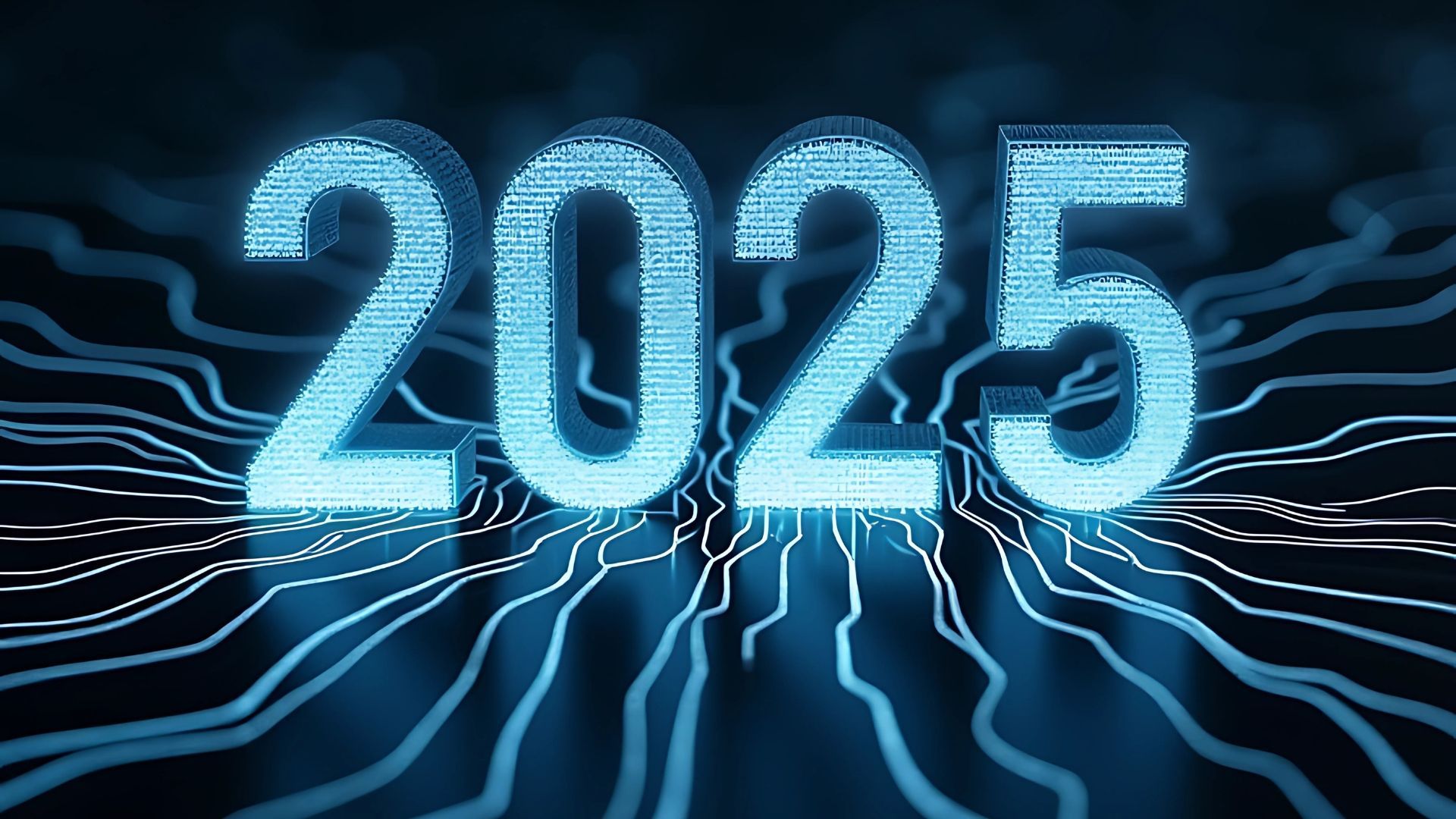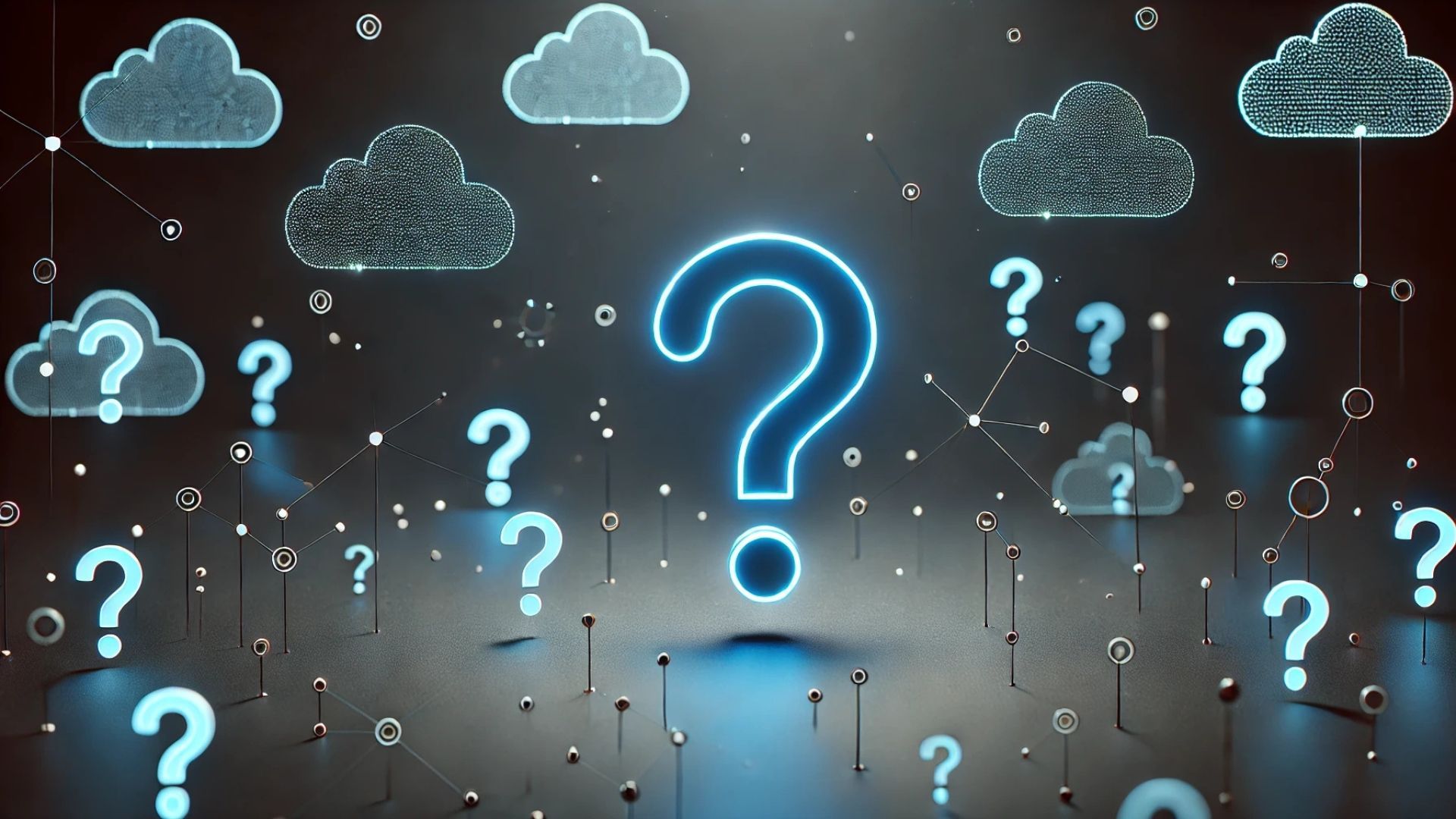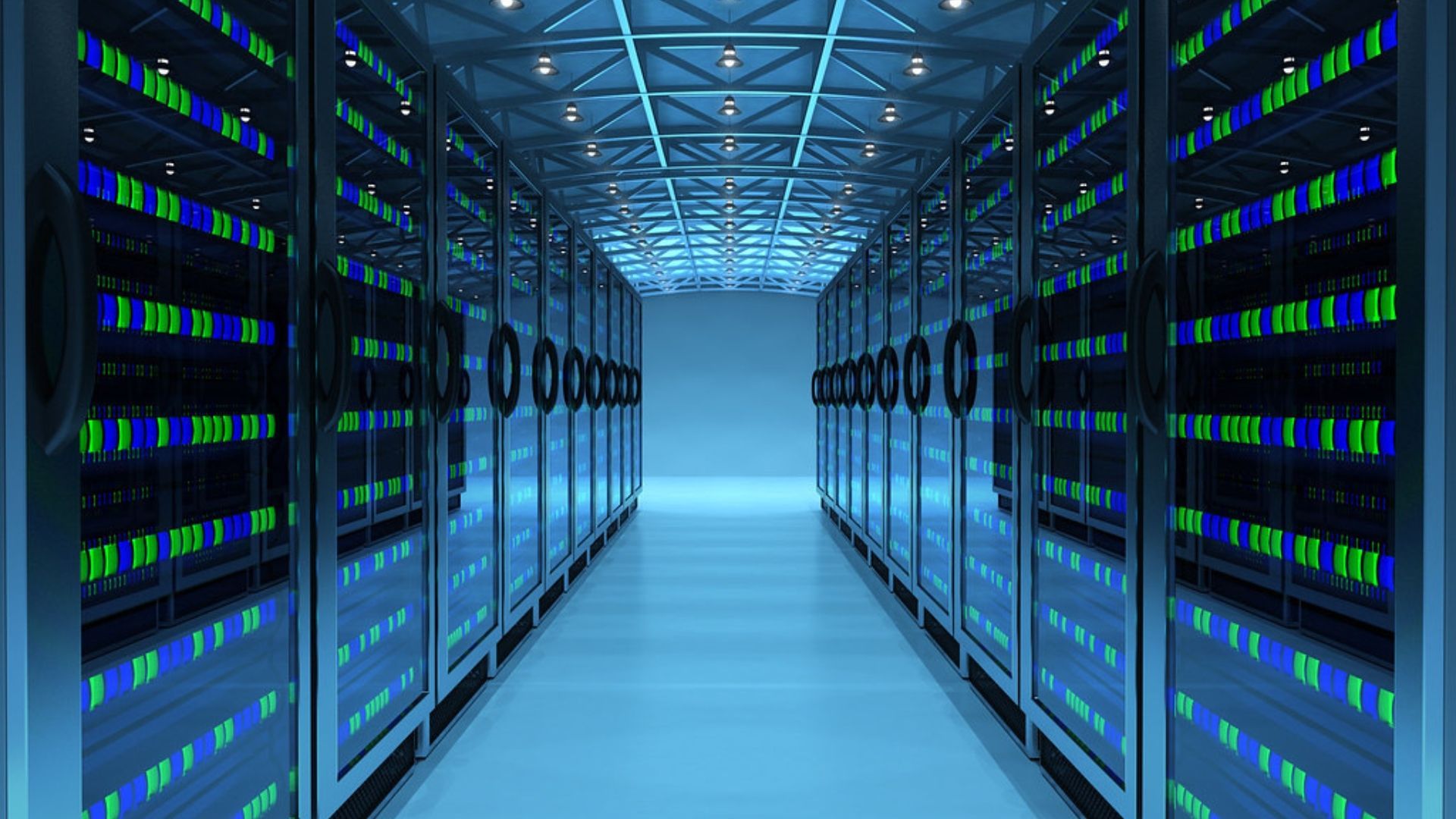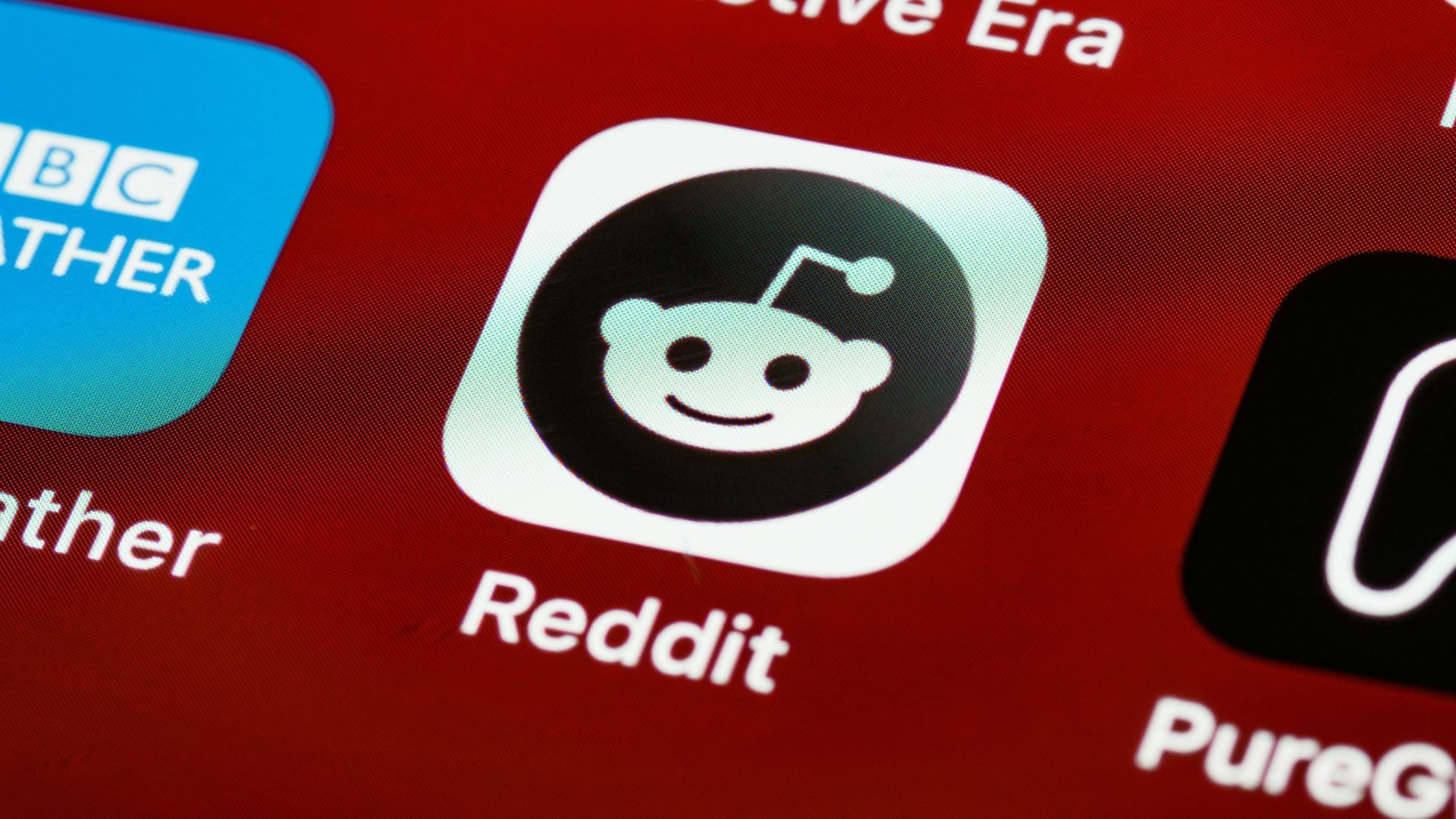How the cloud is helping Ireland's fishing industry fly
Cloud computing is helping Ireland's fishing industry become more productive and efficient. Find out how.
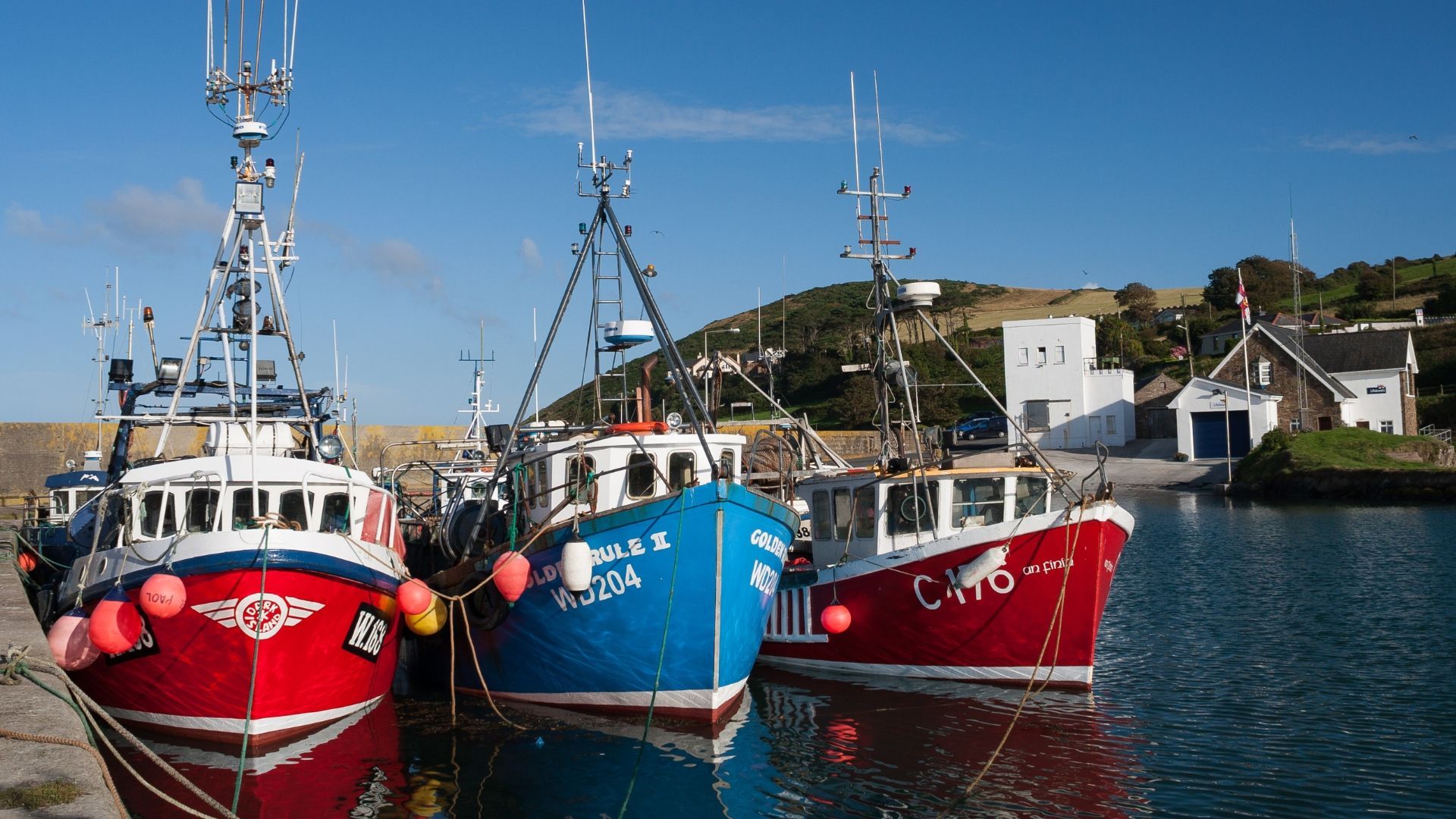
Ireland's fishing industry is important both to global supply chains and the country's coastal communities. With its 7,500 kilometres of coastline, it's no wonder Ireland has been a source of high-quality seafood for millennia.
It's also been a source of substantial revenue. In 2022, the Bord Iascaigh Mhara Business of Seafood Report
revealed that the total value of Ireland's seafood economy was
€1.3 billion. In the same year, the industry directly and indirectly employed more than 15,000 people.
So, where does cloud computing come into this? It's tempting to think that an ancient practice like fishing relies on ancient tools. In fact, the fishing industry in Ireland and elsewhere has been embracing cloud computing.
Of course, there's no sector in the world that hasn't embraced cloud computing at some level. But in the seafood industry, it's more than just migrating workloads to the cloud and backing up data.
In fact, the industry now has digital cloud-based technologies at its core. From ships at sea to fish farms on land, the cloud and related technologies are there to stimulate growth. At a time when wild fish stocks are depleted, this digital transformation is more important than ever.
What challenges is Ireland's fishing industry facing?
The main issue in fishing industries worldwide is the ongoing depletion of fish stocks. How can fishing companies meet the global demand for fish and seafood?
It's a complex question with many possible answers. However, the industry itself sees digital transformation as essential to achieving sustainability.
Cloud computing, the Internet of Things (IoT), edge computing, AI, machine learning, blockchain – all are being put to work to make fishing more efficient, less polluting and more profitable.
This is a global trend. But as a key player in the global seafood market, it's no surprise that Ireland is part of this transformation.
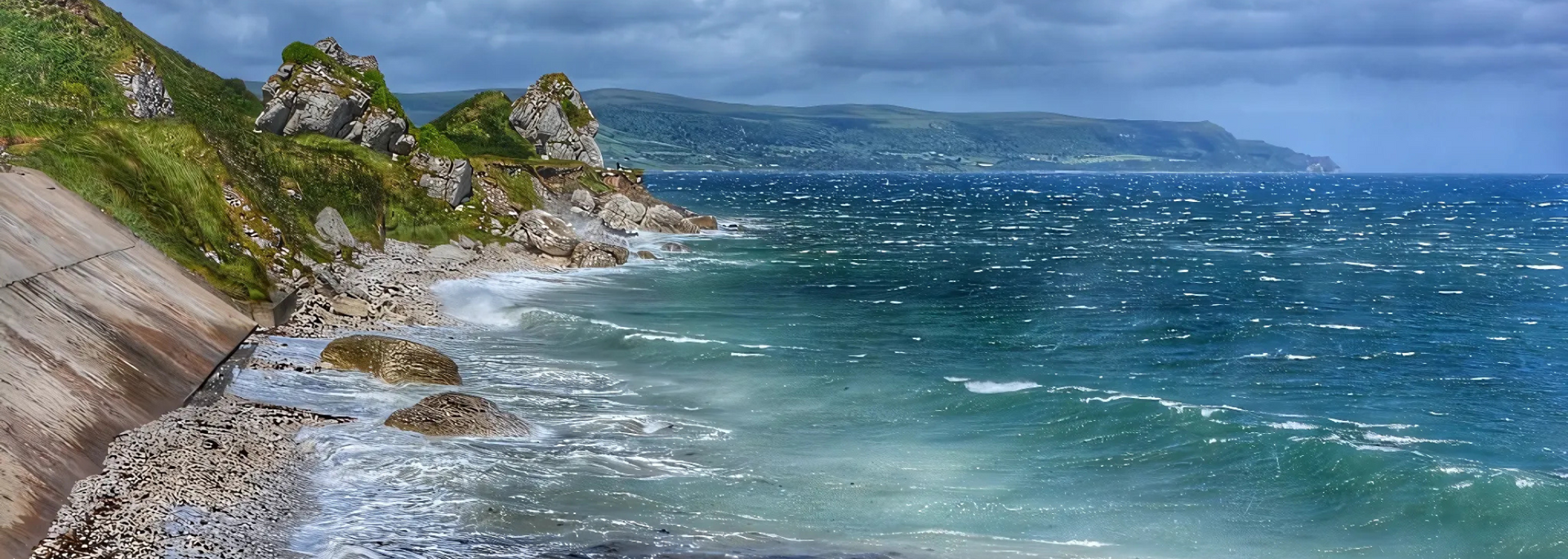
To take just one example, consider the fish farm in Donegal owned by Norwegian multinational Mowi. This farm is the beneficiary of Mowi's substantial investments in cloud and digital technologies and part of its "Blue Revolution" to "modernise the core IT systems" and implement a "cloud-first strategy".
How can cloud computing help Ireland's fishing and seafood industry?
Perhaps the biggest contribution that cloud computing can make is its ability to collect and analyse large amounts of data.
The fishing industry can't stay competitive and improve its sustainability without data – and lots of it. It needs data about weather conditions and the type of fish it catches to make fishing trips more productive. It needs data about marine environments to know how much time and money to spend on exploratory trips.
This data can be collected from fishing vessels, docks and ports. Much is collected from IoT sensors and processed by cloud computing platforms. These platforms use AI tools to crunch numbers that would make even a professional data analyst dizzy.
For many people, AI is a source of novelty images and dread. For the fishing industry, however, it helps improve fuel efficiency by predicting the availability of fish in specific areas. In turn, this can help reduce marine pollution.
Resource management, after all, is a key component in any sustainability programme. This is why so much research funding is being poured into AI applications.
Can cloud computing optimise feeding?
In 2019, cloud giant AWS showcased monitoring technologies created by aquaculture software company Aquabyte. This software is now applied all across the industry, especially in offshore farms.
The software provides facial recognition for fish "from farm to table". It creates large data sets from underwater photos of fish and feeds them into an AI platform. This can be used to optimise feeding, thereby reducing costs as well as carbon emissions.
Could this lead to a fully autonomous fish farm? The answer is yes – if and only if this solution is rolled out at scale. We'll keep you posted…
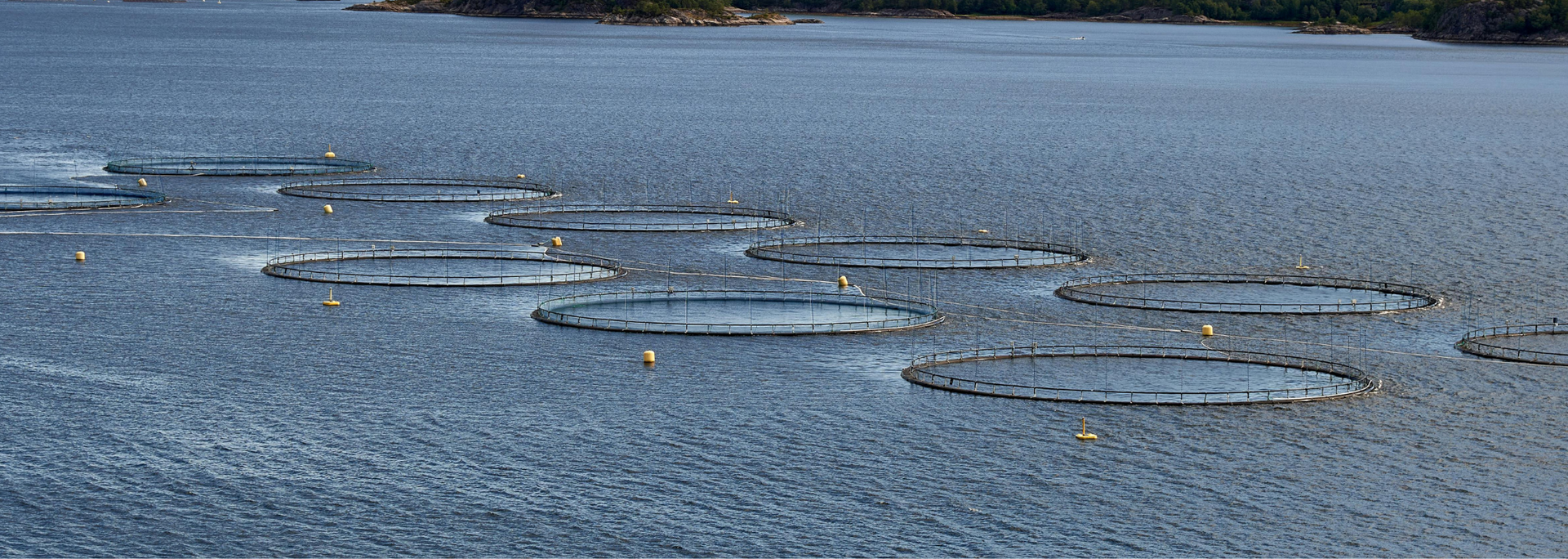
In Ireland, fish farms are using IoT sensors to gain "real-time data on water quality, temperature, and feeding patterns, helping maintain optimal fish growth and health conditions".
These sensors can increase sustainability and efficiency by monitoring oxygen levels and optimising feeding schedules – all while cutting back on waste and unnecessary energy use.
Meanwhile, in August 2024, Tidal (a spin-off from Google owner Alphabet) launched an
underwater cage camera and AI system.
This lets fish farmers track real-time growth, estimate yields, identify and act on sea lice pressure and feed fish autonomously.
As with so many cloud computing solutions, the big sell is that this suite of tools will lead to data-driven decisions that improve efficiency and planning. It could also make feeding more sustainable and protect marine habitats.
So far, Tidal's system is commercially available in Norway, Scotland, the Faroes, Canada – and Ireland.
Vessel monitoring
In the world of fishing, international lines matter. Fish don't recognise borders, but fish farmers need them to protect their yields.
It's a serious issue that's led to high-profile trade treaties and even the
Cod Wars between the UK and Iceland between 1958 and 1976.
Sometimes, shipping vessels intentionally cross international lines. Other times, it's accidental. If vessels are fitted with IoT sensors, their whereabouts will be reported to the relevant authorities and the issue can be dealt with swiftly.
Conclusion
Cloud computing is about so much more than backing up your holiday snaps. It can help industries across the world optimise their operations, cut back on spending and improve their sustainability.
Ireland's fishing industry is no different. With cloud solutions at its core, this stalwart of Ireland's economy is dealing effectively with the challenges it faces. Long may it continue!
Whether you're in the fishing industry or you're fishing for
innovative cloud solutions, we can help. Ascend Cloud is an Ireland-based consultancy company that assists global businesses in navigating and accelerating their cloud transformation.
Get in touch with our experts to learn how we can do the same for you.



